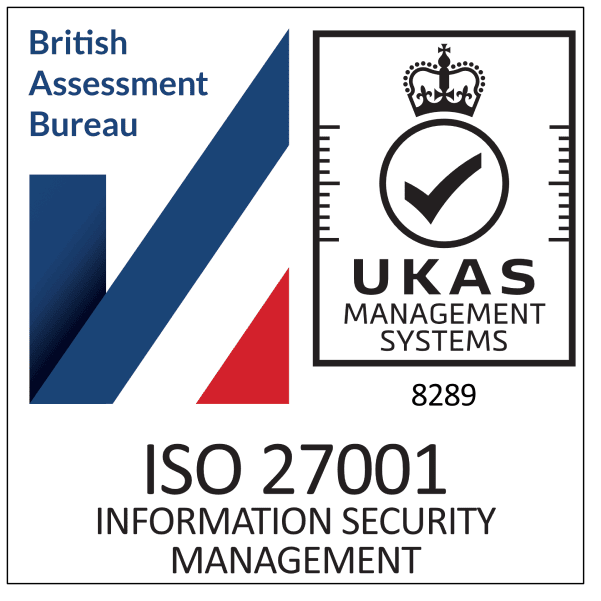Creating a successful team in the workplace is essential for achieving goals and driving productivity. But how do you build the perfect team? From identifying the right mix of skills and personalities to fostering a positive team culture, this ultimate guide will provide you with the tools and strategies you need to build a strong and effective team.
Build the perfect team at work
Define the team's purpose and goals.
Before you start building your team, it’s important to define the purpose and goals of the team. What is the team’s mission? What are the specific goals that the team needs to achieve? Having a clear understanding of the team’s purpose and goals will help you identify the skills and personalities needed to build the perfect team. It will also help you communicate the team’s objectives to team members and ensure that everyone is working towards the same goals.
Once you have defined the team’s purpose and goals, it’s time to start building the team. Look for individuals who have the skills and experience needed to achieve the team’s goals. It’s also important to consider personality traits and work styles when building a team. You want to create a team that works well together and complements each other’s strengths and weaknesses. Communication is key when building a team, so make sure that everyone is on the same page and understands their role in achieving the team’s goals. Regular check-ins and feedback sessions can help ensure that the team is working effectively and making progress towards their objectives.
Hire the right people with complementary skills.
When building a team, it’s important to hire people with complementary skills. This means looking for individuals who have different strengths and weaknesses, but who can work together to achieve a common goal. For example, if you’re building a marketing team, you may want to hire someone who is great at social media, someone who is skilled at graphic design, and someone who is an expert in SEO. By hiring people with different skills, you can ensure that your team has a well-rounded set of abilities and can tackle any challenge that comes their way.
In addition to complementary skills, it’s also important to look for individuals who share your company’s values and culture. When everyone on the team is aligned with the same mission and vision, it creates a sense of unity and purpose that can drive success. When interviewing candidates, ask questions that will help you determine if they are a good fit for your team’s culture. You can also consider conducting team-building activities to help your team bond and work together more effectively. Remember, building the perfect team takes time and effort, but the end result is worth it.
Foster open communication and collaboration.
One of the most important aspects of building a strong team is fostering open communication and collaboration. Encourage team members to share their ideas and opinions, and create a safe space where everyone feels comfortable speaking up. This can be achieved through regular team meetings, brainstorming sessions, and team-building activities. By promoting open communication and collaboration, you can ensure that everyone is working towards the same goals and that everyone feels valued and heard.

In addition to promoting open communication, it’s important to create a culture of collaboration. Encourage team members to work together on projects and assignments, and provide opportunities for cross-functional collaboration. This can help break down silos and promote a sense of unity within the team. Additionally, make sure that everyone has the tools and resources they need to collaborate effectively, whether it’s through project management software or regular check-ins with team leaders. By fostering open communication and collaboration, you can build a team that is not only productive, but also supportive and engaged.
Set clear expectations and provide feedback.
In order to build the perfect team, it’s important to set clear expectations and provide regular feedback. This means outlining specific goals and objectives for the team, as well as individual roles and responsibilities. It also means providing constructive feedback on a regular basis, both in terms of what team members are doing well and where they can improve. By setting clear expectations and providing feedback, you can ensure that everyone is on the same page and working towards the same goals, while also helping team members to grow and develop in their roles.
One of the key elements of building a successful team is setting clear expectations. This means defining specific goals and objectives for the team, as well as individual roles and responsibilities. When everyone knows what is expected of them, they are more likely to work together effectively and achieve their goals. It’s also important to provide regular feedback to team members. This can include both positive feedback, to reinforce good performance, and constructive feedback, to help team members improve. By providing feedback on a regular basis, you can help team members to grow and develop in their roles, while also ensuring that everyone is working towards the same goals. Overall, setting clear expectations and providing feedback are essential elements of building a strong and successful team.
Encourage continuous learning and development.
In order to build the perfect team, it’s important to encourage continuous learning and development among team members. This means providing opportunities for training and development, as well as encouraging team members to seek out new challenges and experiences. By investing in the growth and development of your team, you can help them to stay engaged and motivated, while also building their skills and knowledge. This can ultimately lead to better performance and greater success for the team as a whole.

One way to encourage continuous learning and development is to provide regular training sessions and workshops. These can be focused on specific skills or areas of expertise, or they can be more general in nature, such as leadership or communication training. Additionally, you can encourage team members to attend conferences or seminars or to pursue additional education or certifications in their field. By providing these opportunities, you show your team that you value their growth and development, and you help them to stay up-to-date with the latest trends and best practices in their industry. Finally, it’s important to create a culture of learning and development within your team. This means encouraging team members to share their knowledge and expertise with one another, and to collaborate on projects and initiatives that allow them to learn from one another. By fostering a culture of continuous learning and development, you can help your team to stay engaged, motivated, and successful over the long term.
Another way to encourage continuous learning and development is to provide regular feedback and coaching to team members. This can help them to identify areas where they need to improve and to set goals for themselves. By providing constructive feedback and coaching, you can help your team members to grow and develop their skills, while also building their confidence and self-esteem. Additionally, you can provide opportunities for team members to take on new challenges and responsibilities, which can help them to develop new skills and gain valuable experience. By providing these opportunities, you show your team that you trust and value their abilities, and you help them to grow and develop as professionals.
Build a positive team culture for a perfect team
In conclusion, building the perfect team requires a multifaceted approach that includes fostering a culture of continuous learning and development among team members. By investing in their growth and development, providing opportunities for training and education, and creating a culture of collaboration and knowledge-sharing, you can help your team to stay engaged, motivated, and successful over the long term.
A key factor in fostering a culture of continuous learning and development is providing regular training sessions and workshops. These can be focused on specific skills or areas of expertise, or they can be more general in nature, such as leadership or communication training. Furthermore, encouraging team members to attend conferences or seminars or to pursue additional education or certifications in their field shows that you value their growth and development. By providing these opportunities, you also help them to stay up-to-date with the latest trends and best practices in their industry.
In today’s fast-paced business world, it’s important to stay up-to-date with the latest trends and best practices in your industry, and to continually adapt and innovate in order to stay ahead of the competition. By encouraging continuous learning and development, you help your team to do just that, while also building a positive team culture and setting your team up for success. Ultimately, investing in the growth and development of your team can lead to better performance and greater success for the team as a whole.








